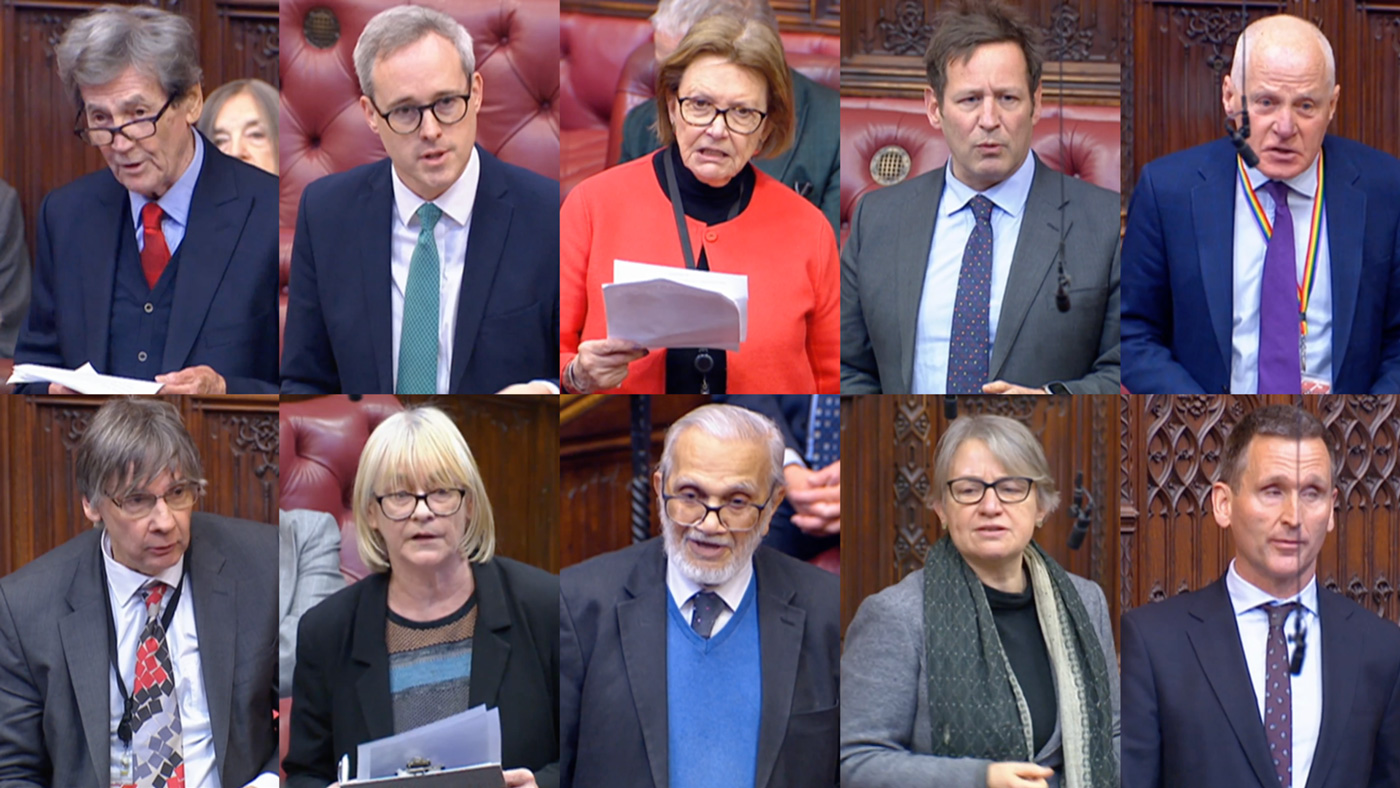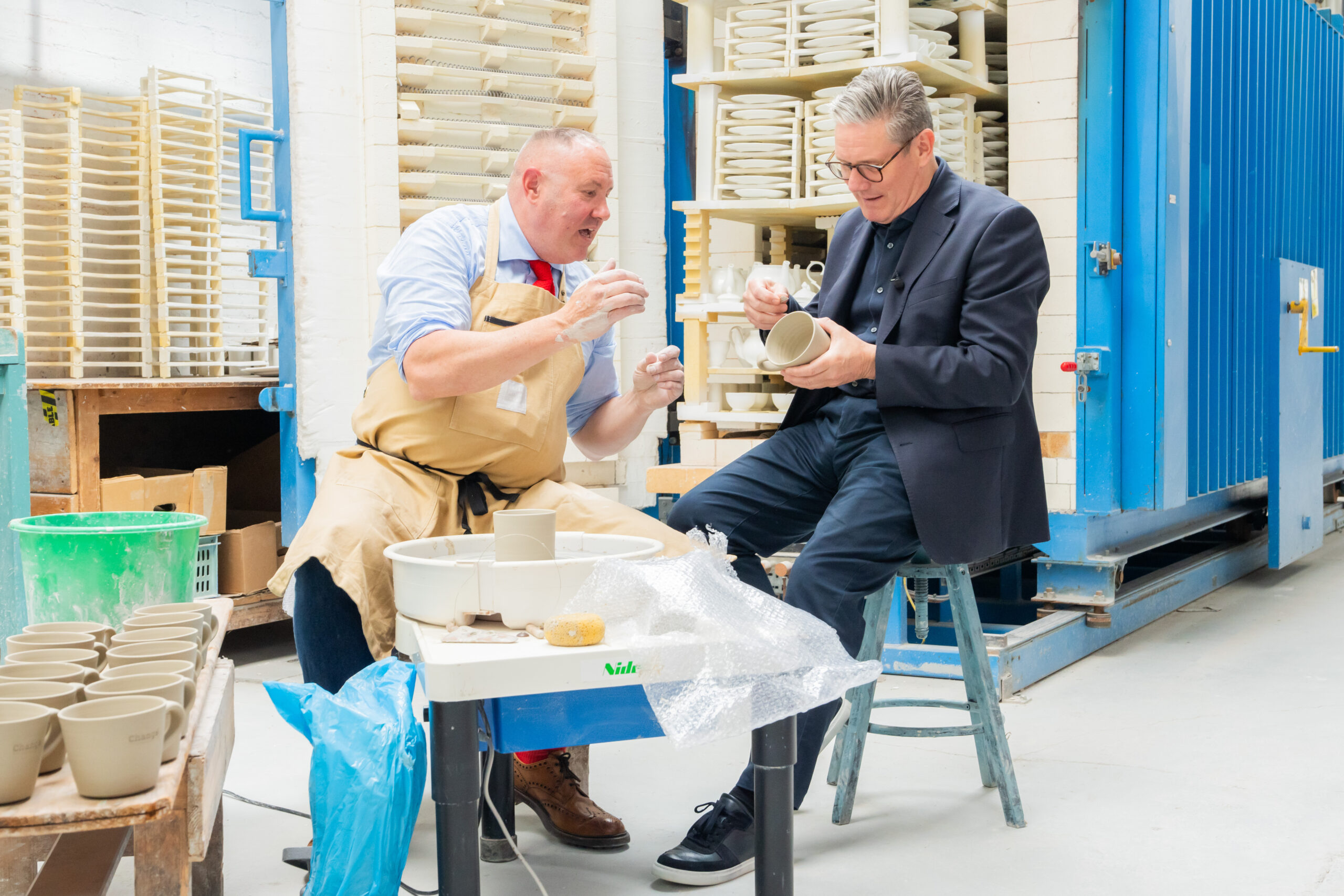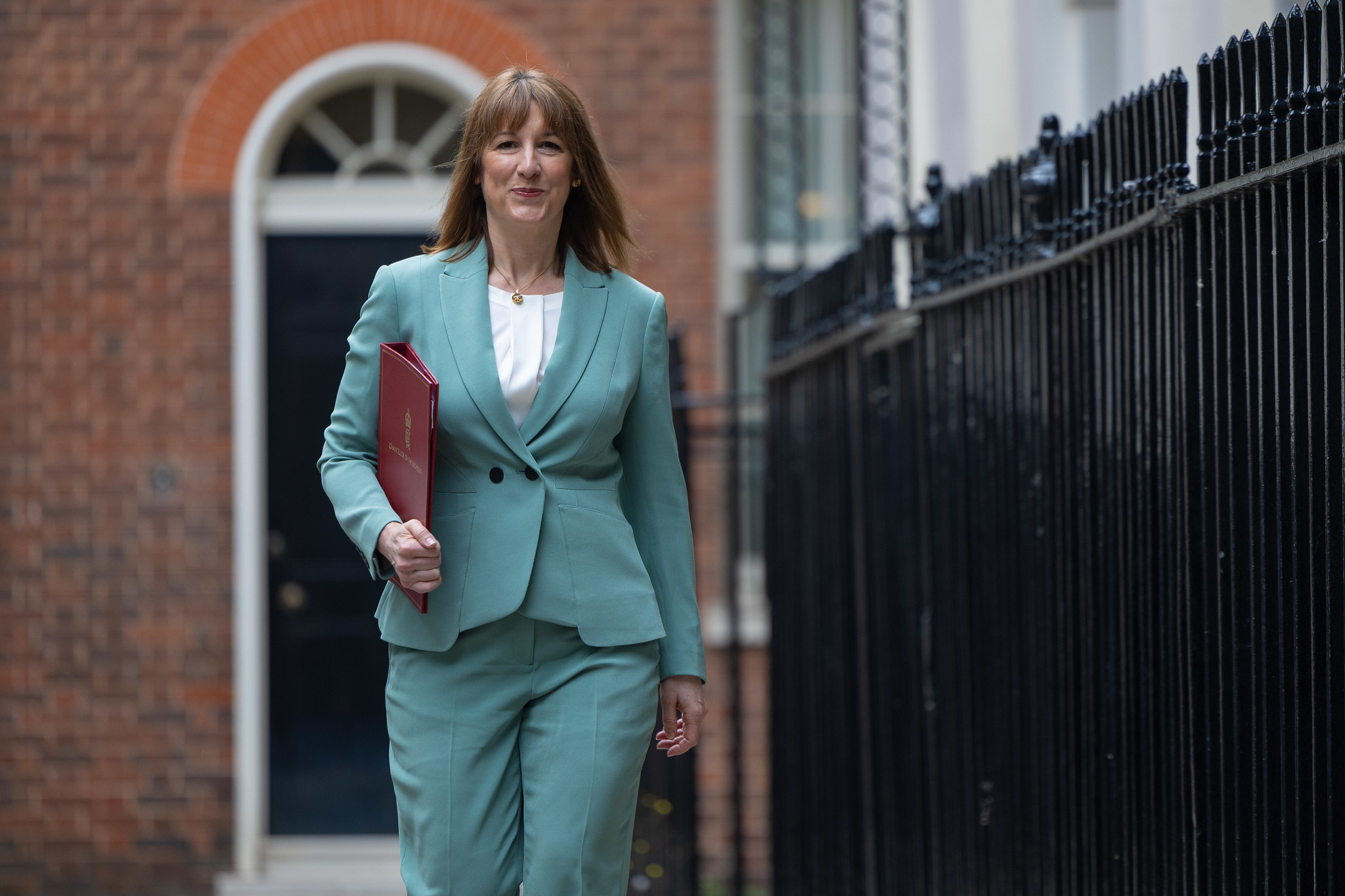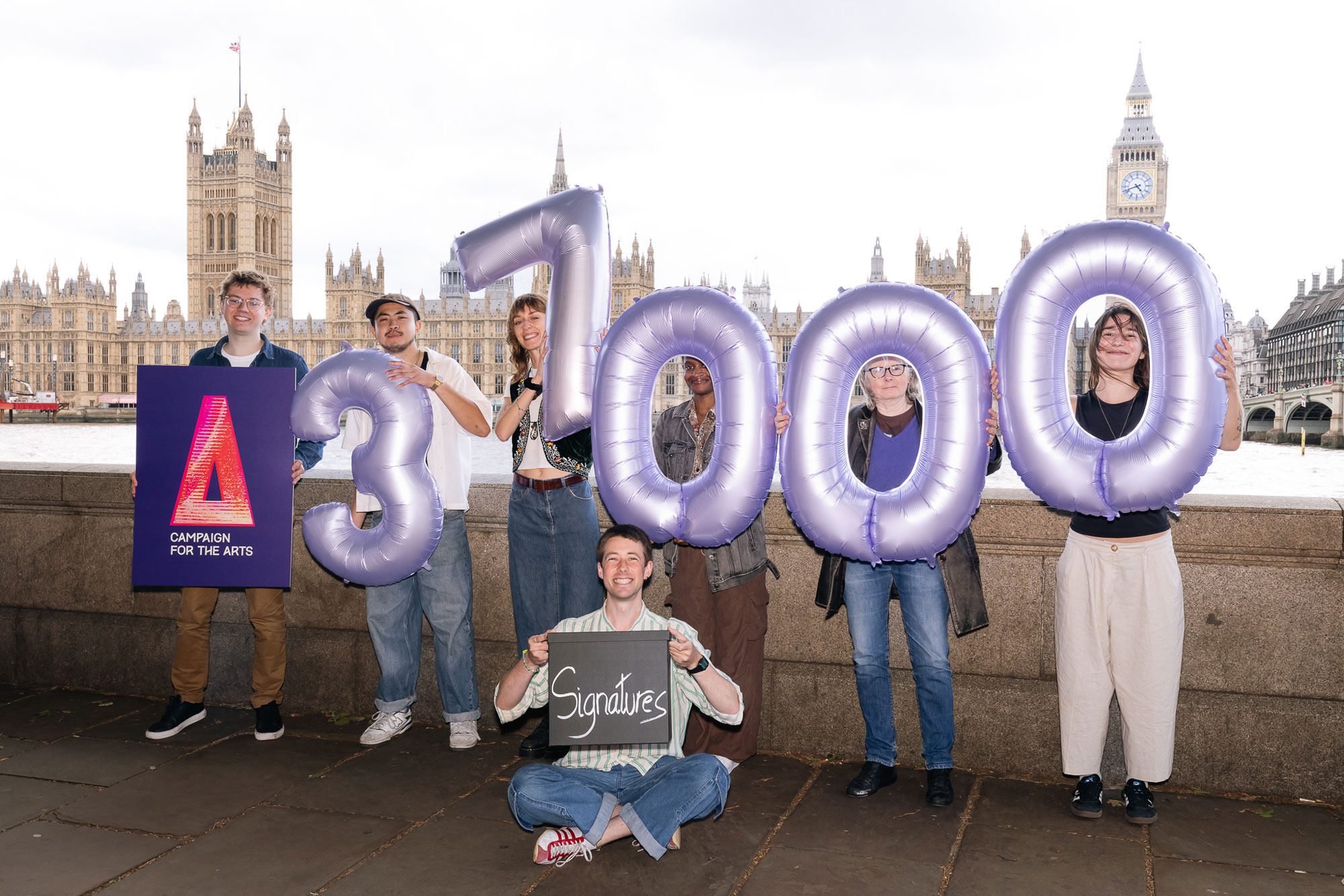Melvyn Bragg
Labour
Opening the debate, Lord Bragg said that the UK should realise the full potential of the arts to transform our economy and society.
Stephen Parkinson
Conservative
Replying on behalf of the Government, Lord Parkinson acknowledged our campaign and the strength of public support for the arts, saying that they “remain an integral part of our national life” and are “an essential part of what makes life worth living”.
Ed Vaizey
Conservative
“The arts budget is effectively a rounding error.”
Lord Vaizey acknowledged government support for the arts, including Lord Mendoza’s work during Covid, but said funding “could be increased substantially for the arts, insignificantly for what government spends overall”.
"The arts budget is effectively a rounding error."
— Campaign for the Arts (@_CFTA) February 4, 2024
Lord @edvaizey acknowledged government support for the arts, including Lord @neilfmendoza's work during Covid, but said funding "could be increased substantially for the arts, insignificantly for what government spends overall". pic.twitter.com/dva3HxLtsJ
Joan Bakewell
Labour
“The arts are not a fringe activity.”
Baroness Bakewell said that the arts are an “ongoing conversation that this culture has within itself”, urging the Government to “take notice of that, back it, support it”.
“The arts are not a fringe activity.”
— Campaign for the Arts (@_CFTA) February 7, 2024
Joan Bakewell (@JDBakewell) said that the arts are an "ongoing conversation that this culture has within itself", urging the Government to "take notice of that, back it, support it". pic.twitter.com/cCrXLP11MA
Natalie Bennett
Green
“Rather than cake, we should be looking at this as bread – as one of the staffs of life.”
Baroness Bennett said that the essential benefits of the arts should be “available to all communities” through a bedrock of public investment.
“Rather than cake, we should be looking at this as bread – as one of the staffs of life.”
— Campaign for the Arts (@_CFTA) February 7, 2024
Natalie Bennett (@natalieben) said that the essential benefits of the arts should be "available to all communities" through a bedrock of public investment. pic.twitter.com/eIM3ibehSU
Chris Holmes
Conservative
“The arts, accessible for all. That’s what we should all be aiming for.”
Lord Holmes said that London 2012’s programmes with deaf and disabled people proved that access to the arts “doesn’t make ‘a’ difference – it makes ‘the’ difference”.
“The arts, accessible for all. That's what we should all be aiming for.”@LordChrisHolmes said that London 2012's programmes with deaf and disabled people proved that access to the arts "doesn't make 'a' difference - it makes 'the' difference". pic.twitter.com/KDqpFVkYnP
— Campaign for the Arts (@_CFTA) February 7, 2024
Bhikhu Parekh
Labour
“My access to me.”
Lord Parekh quoted Toni Morrison in expressing art’s power to help people and societies understand themselves.
"My access to me."
— Campaign for the Arts (@_CFTA) February 7, 2024
Lord Parekh quotes Toni Morrison in expressing art's power to help people and societies understand themselves. pic.twitter.com/ojZlg69Ktg
Jane Bonham-Carter
Liberal Democrat
“They need to stand up for the arts.”
Baroness Bonham-Carter said that the next Government will need to be “bold” and measure up to historic shifts in support of the arts and culture.
“They need to stand up for the arts.”@jbonham_carter said that the next Government will need to be "bold" and measure up to historic shifts in support of the arts and culture. pic.twitter.com/I7BI14KBSq
— Campaign for the Arts (@_CFTA) February 8, 2024
Michael Cashman
Labour
“We must keep our theatres, music venues and libraries open. They are not luxuries.”
Lord Cashman said that the arts have a transformational impact on people’s lives, and “speak of the kind of civilised, open country that we are – or could become”.
“We must keep our theatres, music venues and libraries open. They are not luxuries.”
— Campaign for the Arts (@_CFTA) February 8, 2024
Michael Cashman (@mcashmanCBE) said that the arts have a transformational impact on people's lives, and "speak of the kind of civilised, open country that we are – or could become". pic.twitter.com/BiCNFCOdOc
Nick Trench
Crossbench
“The key to arts funding lies in reversing the cuts to local authorities.”
The Earl of Clancarty said that “public funding is so important”, and warned that it would be “so short-sighted” to sell off council-owned buildings used for arts and cultural purposes.
“The key to arts funding lies in reversing the cuts to local authorities.”
— Campaign for the Arts (@_CFTA) February 9, 2024
The Earl of Clancarty (@NickClancarty) said that "public funding is so important", and warned that it would be "so short-sighted" to sell off council-owned buildings used for arts and cultural purposes. pic.twitter.com/2rva1invBe
Gloria Hooper
Conservative
“The status of the UK is enhanced by the role of the arts.”
Baroness Hooper said that music, dance and theatre from the UK supports the country’s international reputation, alongside the BBC. She called for the British Council’s “important role” to be extended.
“The status of the UK is enhanced by the role of the arts.”
— Campaign for the Arts (@_CFTA) February 10, 2024
Gloria Hooper said that music, dance and theatre from the UK supports the country's international reputation, alongside the BBC. She called the @BritishCouncil's "important role" to be extended. pic.twitter.com/IV7LkTJNRb
Stewart Wood
Labour
“We must all, whatever our party and our preferences, call time on the neglect, the austerity, the politicisation and the prejudice towards our arts.”
Lord Wood said that attacks on the arts risk making them “a preserve of the rich” instead of “a daily staple for everyone”.
“We must all, whatever our party and our preferences, call time on the neglect, the austerity, the politicisation and the prejudice towards our arts.”@StewartWood said that attacks on the arts risk making them "a preserve of the rich" instead of "a daily staple for everyone". pic.twitter.com/8piv8HViJV
— Campaign for the Arts (@_CFTA) February 10, 2024
Melvyn Bragg
Labour
“If we know one thing after this debate, it’s that the House of Lords is firmly on the side of the arts.”
Lord Bragg closed the debate by celebrating the support for the arts “all over the House”, saying he hoped everyone can be convinced of their “rightful place in society”.
“If we know one thing after this debate, it's that the House of Lords is firmly on the side of the arts.”
— Campaign for the Arts (@_CFTA) February 5, 2024
Melvyn Bragg closed the debate by celebrating the support for the arts "all over the House", saying he hoped everyone can be convinced of their "rightful place in society". pic.twitter.com/CqTtIqcbVF
- Watch the full debate on ParliamentLive.tv
- Read a transcript in Hansard




5 responses to “Highlights from the House of Lords’ arts debate”
Somehow all these positive reactions must be transferred into the education system which currently downgrades Drama, Dance, Music, Art and othre creative subjects, from secondary school through to higher educationin favour of subjects whch will guarantee a nominated salary by the age of 30.
Courage is needed to envisage a better future, for all. Supporting the arts not only brings people together, it makes them braver and more humane.
It is encouraging to see so many supporters of the arts speaking up but it is also worrying that those voices do not hold the purse strings to ensure that actual support gets delivered by deeds and not just by voices. I have always believed that you can judge the quality of a country and it’s society by the way it supports and encourages the arts. The United Kingdom has always been at the forefront of good quality arts in all it’s diverse forms and we should be ashamed that we have allowed it to slide downhill to the precarious position we now find it to be in. We were once the envy of the world for the quality of our arts, and in many regards we still are, but we must do much more to repair the damage already done and stop any further damage from taking place.
We are enriched by the Arts. They excite and inform, educate and entertain. The Arts offer so much to all ages that to restrict, or worse lose, is an easy, soft target in a short-term game. The Arts have been on the planet for ever, they carry culture and offer insights. We would – will be, all the poorer in ever conceivable direction of our lives if we allow their demise. Wake up Law Makers, and see the gigantic mistake you must avoid.
All.these heartfelt statements are true. The arts are what makes us human and enables us to communicate, emotionally and academically, with each other and through the generations. They speak when other forms of communication falter.
We must not allow this to be forgotten or we are less than human. Arts are what sets us apart from other forms of life and makes us what we are.